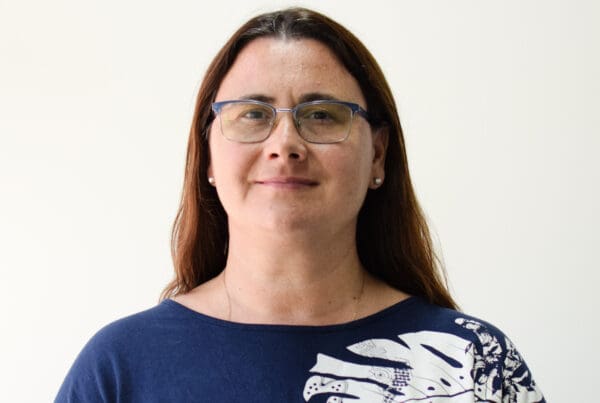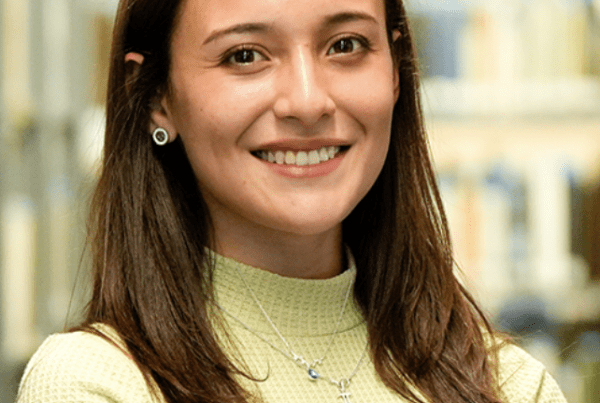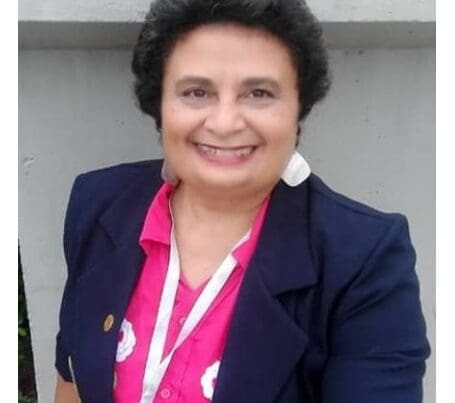Valero, P. (2009). What has power got to do with mathematics education?. En H. Alro, O. Ravn y P. Valero. Critical issues in mathematics education (pp. 1-13). Rotterdam: Montana Mathematics Enthusiast: Monograph Series in Mathemat.
Whenever I meet a new person and we come to talk about my work people tend to be surprised. Mathematics and power? Mathematics and democracy? Those things do not go together! For many people it is astonishing that mathematics can be thought in relation to something “social” such as power relationships, political affairs and actions, and values and forms of living such as democracy. After a long conversation and many examples some people may come to see my point. However, it is difficult to break, all of a sudden, the view of mathematics as numbers, rules and procedures, which have no relation with people and their every day lives in society. Such a view is deeply entrenched as a result of people’s own school experiences and of their understanding of the public ways of talking about mathematics in the media and in society in general. This view is not only shared by those who dislike mathematics (and have probably had a “traumatic” school experience with it) but also by many of those who have been successful and like it. Part of the view is based on the assumption that mathematics has a life on its own, independently from the human beings that both have invented and used it.
ISBN: 978-1607520399





